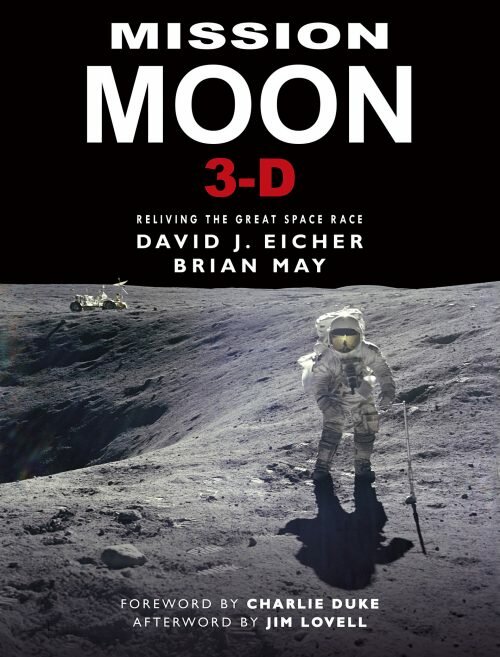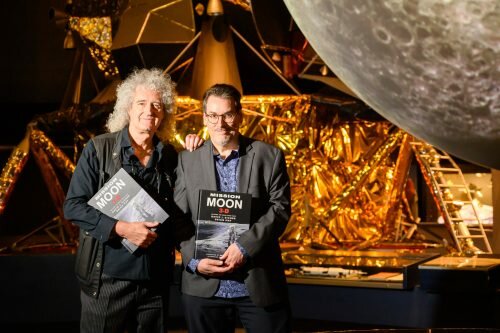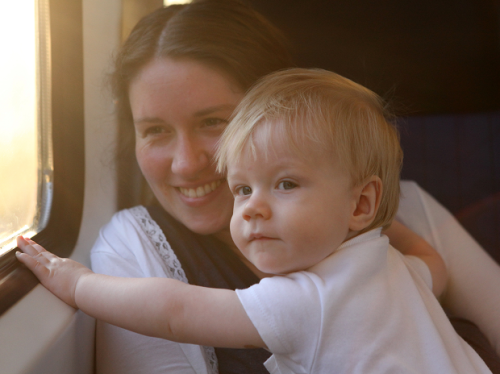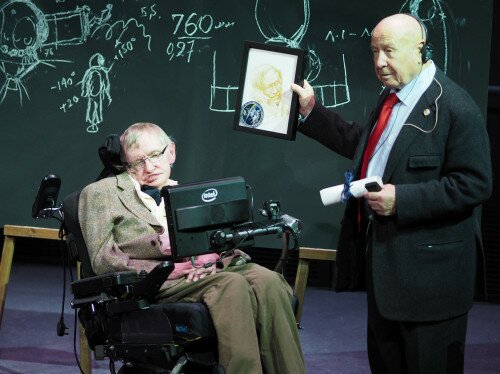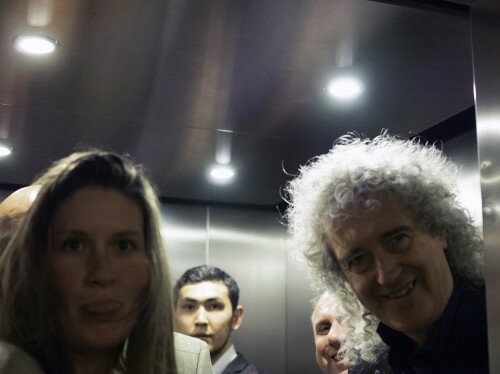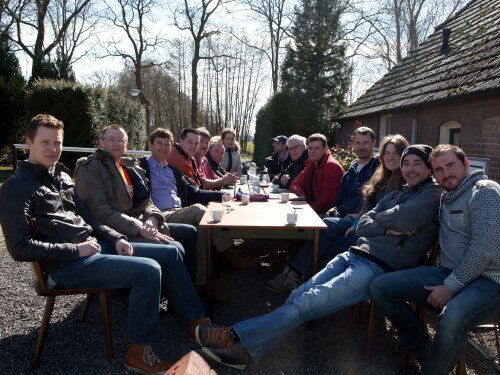Ten years ago, Galaxy Zoo was born. The online citizen science project Chris Lintott came up with to help him answer some questions about the Zooniverse. I mean universe*. By now it doesn’t need an introduction anymore, but the BBC News gave a nice summary today (which is fitting as they announced GZ’s birth ten years ago too). *Genuine mistake I kept in.
About nine years and 51 weeks ago, Brian May mentioned Galaxy Zoo on his website, which kind of changed my life forever. This story has been told many times before too. About nine years and 50 weeks ago, I found a Voorwerp in space which would later turn out to be a huge discovery.
I’m often asked how this discovery did effect the course of my life and in the back of my mind I always planned to pen an elaborate answer down. I never actually did, because almost everything that happened since I asked “hey what’s this then” is at least an indirect result of that question. This is probably true for many moments in anyone’s life, but I guess having been asked about that specific moment a lot, I’m often reminded of its butterfly effect.
I already wrote about a lot of the highlights during this decade in my online diary here, which makes it easier to give a random summary now of what it’s been like being a ‘famous discoverer’. As you probably know, Galaxy Zoo was a huge success and The Zooniverse is still growing strong. This is about what it was like for me personally though. I have a lot to be thankful for. If it wasn’t for this new-found astronomy hobby, I would probably never…
…Have visited England as often as I did. Summer holidays in Portsmouth with my then boyfriend (and GZ astronomer) Edd. The Isle of White. Staying over at new friends in London – Annie, Rona, Nigel… Cambridge. Oxford. Sleeping in a van and all those many lovely pubs.
…Have seen the many interesting places we visited. Jodrell Bank. The Royal Astronomical Society picnics in Greenwich. Patrick’s parties at Farthings in Selsey. Which were all great events mostly because of the lovely people I wouldn’t have met otherwise. Jules, Jo, Nathanial.
…Have organised meet-ups in the Netherlands for my English pals. Geoff, Els, Graham (and played Twister with them in the middle of the night).
…Have travelled as much on my own in general. The flights, trains and ferries. Having been invited to Ireland, France and Seattle. Memories I treasure forever.
…Have taken part in so many conferences and science related events. Speaking, chairing, panels. Slovenia, Italy, Croatia, Berlin. And seeing the Queen at the inauguration at ASTRON.
…Have given as many lectures as I did. Schools, universities, science centres. Amsterdam, Utrecht. Belgium. Astrofest, Pecha Kucha and TEDx. And recently for my own teachers in Space Expo.
…Have talked to politicians as a citizen science expert. In the middle of the night even. And the media. The Sky at Night. National television. That Belgian game show. National Geographic. The German Playboy. BBC radio studios. The photo shoots (on a roof top!) and appearing in so many interesting books.
…Have met Brian properly. The We Will Rock You after party and meeting mutual friend Dirk, who then put me on stage in one of his shows. Helen Keen’s show. Learning English fast and starting the course to become an English teacher.
…Have my students be impressed about being on Wikipedia. And about being a comic book hero. I was impressed myself meeting many interesting people. Astronaut André Kuijpers. Cosmonaut Alexei Leonov. And eventually the father of my baby, who came to one of my talks.
…Have learned so much from all of this. About astronomy. About how science is done in general, which changed a lot of my previous views on the world in general too. And about how tea is best drunk with milk.
And indeed I would never have a rare object in the sky named after me. Which is cool, yes, but it doesn’t really change anything in your every-day life. Also, I would’ve been a fan of citizen science without the discovery, as I think it’s very important for scientists to work together with the public. Not only to do real science, but also to raise understanding of what ‘doing science’ really is.
Besides everything I’ve experienced and learned on this ride, the very best part is the people. As one dear friend-for-life, whom I met through Galaxy Zoo, told me today: “The science was great, but you were the best thing to come out of that project for me.” And that’s exactly how I feel. I couldn’t name everyone here, but if you’re reading this and we have met in the past ten years, then chances are I have thought of you as well.
Happy birthday Galaxy Zoo! Onwards and upwards!
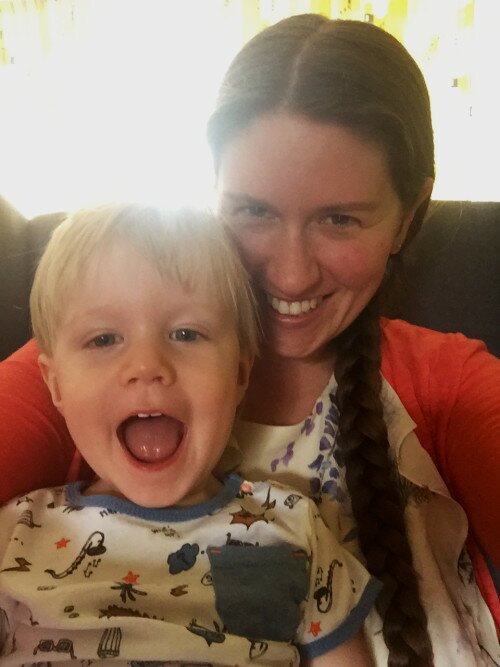
This is me today.

